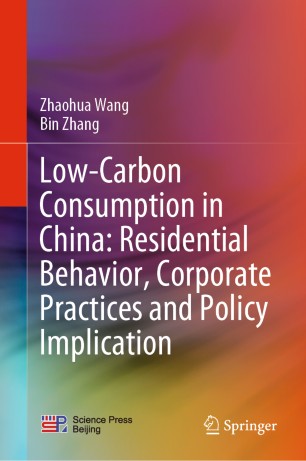

Most ebook files are in PDF format, so you can easily read them using various software such as Foxit Reader or directly on the Google Chrome browser.
Some ebook files are released by publishers in other formats such as .awz, .mobi, .epub, .fb2, etc. You may need to install specific software to read these formats on mobile/PC, such as Calibre.
Please read the tutorial at this link: https://ebookbell.com/faq
We offer FREE conversion to the popular formats you request; however, this may take some time. Therefore, right after payment, please email us, and we will try to provide the service as quickly as possible.
For some exceptional file formats or broken links (if any), please refrain from opening any disputes. Instead, email us first, and we will try to assist within a maximum of 6 hours.
EbookBell Team

0.0
0 reviewsThis book explores China’s low-carbon consumption in the context of residential behaviour, corporate practices and policy Implication. It first calculates the carbon and ecological footprints of residential consumption, including both direct and indirect emissions, before discussing Chinese residential behavioural aspects and determinants of electricity saving, low-carbon transportation, low-carbon product purchasing, and e-waste recycling. The authors then investigate the relationship between industrial growth and carbon emissions, using the example of the iron and steel industry to examine the motivation for energy intensive industries to reduce carbon emissions. They also consider energy efficiency and inter-company collaboration on carbon emission reduction. Lastly, the book describes the major low-carbon policies in China and their impact, economic cost and public acceptance.